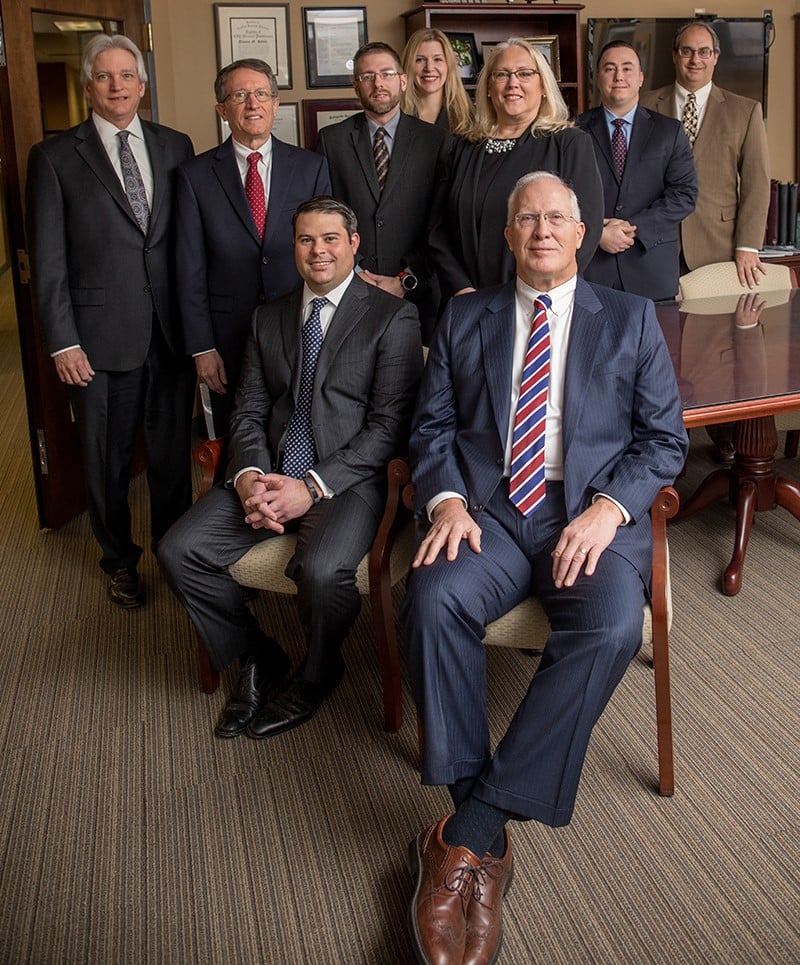The Tax Cuts and Jobs Act of 2017 has been a hot topic in the news. Most of us will probably not comb through the thousand-plus pages of the document, and even if we did, it may not be entirely clear how it applies to our individual situations, including the donations we make to nonprofits. That's where professionals like Laurie Siebert, CPA, CFP®, AEP® can be a valuable resource.

As Senior Vice President at Valley National Financial Advisors, Laurie is one of nine licensed tax professionals (CPAs and EAs) on a local team helping individuals and families plan for and navigate their financial lives.
She is featured along with 10 other tax professionals in the Pennsylvania CPA Journal's free Federal Tax Reform Guide. This guide highlights considerations for international tax, state and local tax, not-for-profits and businesses. Laurie's recent article focuses on what you need to know about tax reform's effect on charitable giving.
Here are some key points excerpted from Laurie's article on charitable giving:
More taxpayers will benefit from the higher standard deduction under the Tax Cuts and Jobs Act of 2017, so it is probable that fewer people will itemize deductions. Even for the taxpayer who has not previously itemized and does not plan to itemize, there may be options more beneficial then opting for cash contributions. What does that mean for people who want to achieve tax saving benefits while also fulfilling their philanthropic goals?
Other options include donating appreciated long-term securities or using part or all of a required minimum distribution from individual retirement accounts (not available from qualified plans) for those age 70½ or older, thereby saving income taxes in both cases. If neither of these are options, cash gifts still serve the purpose of fulfilling one's charitable intent. Taxpayers need to understand that different rules apply among the various strategies available. One giving strategy that has been around for some time, and often used by higher-net-worth individuals, is a donor-advised fund (DAF). Donor-advised funds could be considered by those who have not reached the age of required minimum distribution.
Here's an example: A 50-year-old taxpayer makes a donation to her church of $4,000 per year over 10 years, totaling $40,000. If she has appreciated securities in her portfolio of the same value and donates them to a DAF, she would get a deduction for the fair market value of $40,000 without realizing any gains. To deduct the full amount, she would have to have about $134,000 of income because of the 30 percent limitation, or $67,000 of income if donating the same in cash. This would bump Schedule A itemized deductions over the standard deduction threshold. Along with this, she would also have other available deductions, such as mortgage interest. Advising on charitable giving under the new tax law will require additional consideration of all the options. Coordinating the giving options can continue to save taxpayers money, regardless of whether or not they itemize on their tax returns.
READ THE FULL ARTICLE or DOWNLOAD THE GUIDE
If you're more of a podcast listener, Laurie often speaks about tax planning as part of a proactive approach to managing finances as host of “Your Financial Choices” on WDIY 88.1FM. The show airs weekly on Wednesday night from 6–7 p.m. Laurie addresses listener questions on any financial topic, and often invites guests to offer another professional perspective on topics ranging from estate planning and charitable giving to retirement accounts and insurance planning.

Still need more information? Access a collection of articles and resources from Valley National Financial Advisors at valleynationalgroup.com. Or, contact the team to see if your financial plans are tax-reform ready.
Valley National Financial Advisors is the marketing name for Valley National Group, Inc. and its affiliates. Securities offered through Valley National Investments, Inc. - an independent broker/dealer and member FINRA and SIPC. Valley National Advisers, Inc is a Registered Investment Adviser with the U.S. Securities and Exchange Commission.
Valley National Financial Advisors | 1655 Valley Center Pkwy Suite 100, Bethlehem | valleynationalgroup.com.
This post is a sponsored collaboration between Valley National Financial Advisors and Lehigh Valley Style.














